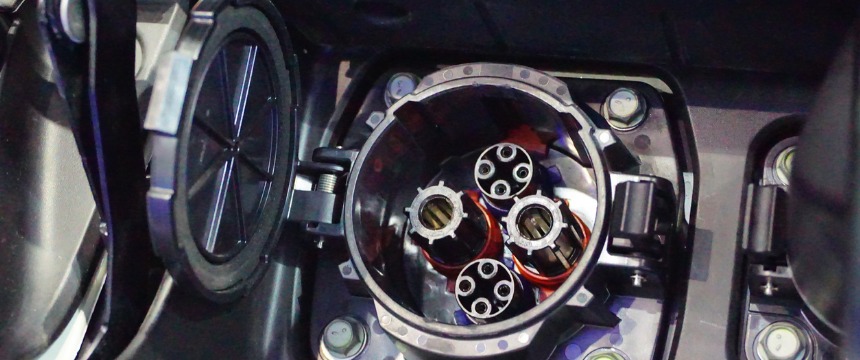
Automakers do not want a patent war to break out, and some have even gone to great lengths to employ creative strategies that leverage large patent portfolios without asserting them in litigation. That said, high tech companies developing technology to be integrated in vehicles by automakers may not be so like-minded. Silicon Valley has certainly had its fair share of patent wars over the past decade or two, and may be worn out from them. But automakers and high tech companies in Asia, on the other hand, may have a different appetite when it comes to patent wars.
The number of high profile Chinese entrants in the connected, electric, and autonomous vehicle space is staggering, and there are many more electric vehicle brands that are less well-known. At the same time, there are numerous large high tech companies in China rivaling the Silicon Valley tech companies. As automakers and high tech companies become more competitive and innovative in similar spaces, situation may soon necessitate some form of litigation.
At a recent auto-focused conference in Asia, there were discussions between Chinese carmakers and high-tech companies, as well as heads of Asian arms of large international companies. Discussions at the conference stemmed around handling royalty rates for licensing patented wireless technologies being integrated in connected vehicles, which is historically the preferred approach. However, if the licensing rates become untenable and negotiations fall through, then strategies may shift. Indeed, unlike the traditional automakers that were seeking creative, non-assertive strategies for leveraging large patent portfolios, it appears that unless further dialogues proved productive in Asia, a patent war may be the likely outcome.
As United States-based companies enter the fast-paced connected, electric, and autonomous vehicle market, their IP strategies should factor in the changing business environment and sentiments in Asia in order to remain competitive.
